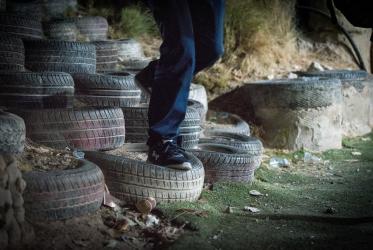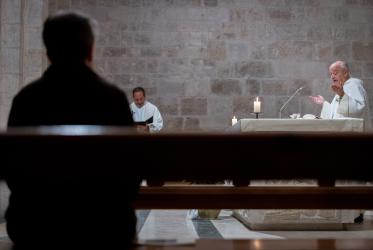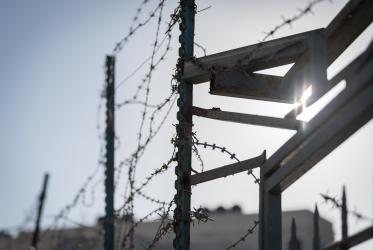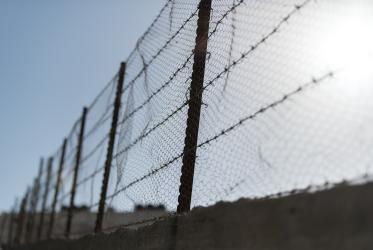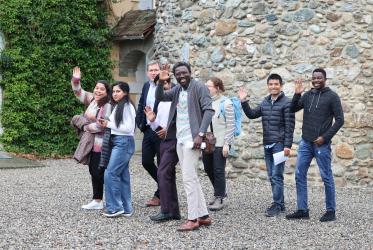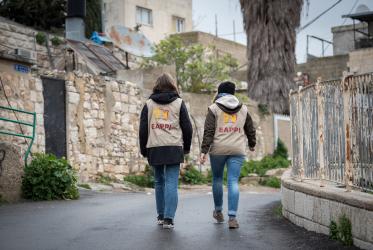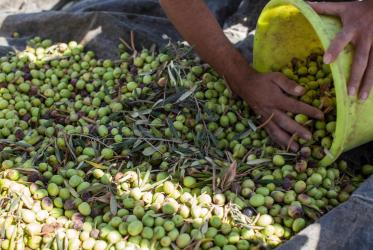Displaying 1 - 20 of 119
Words of steadfastness ring from the rubble
21 March 2024
Violations of human rights escalate in Masafer Yatta, Jerusalem
30 November 2023
WCC institute encouraged rethinking theology
23 November 2023
Violence against Palestinians is rising in the West Bank
16 November 2023
Ahead of Her Time
Pan-African Women of Faith and the Vision of Christian Unity, Mission, and Justice
01 November 2023
“The occupation can’t last forever”
25 October 2023
“They want to live without fear and constant harassment”
25 October 2023
Kids Feel Safe Going to School when EAs are Present
23 October 2023






